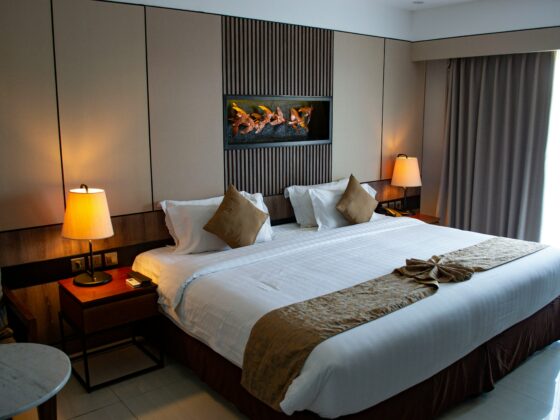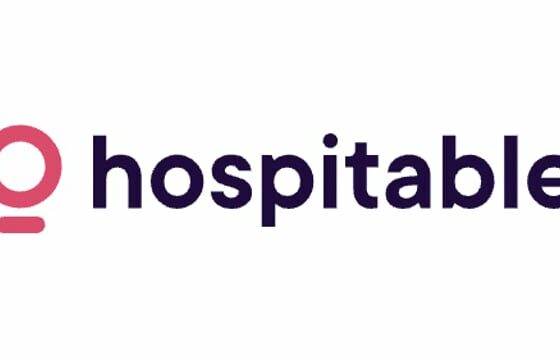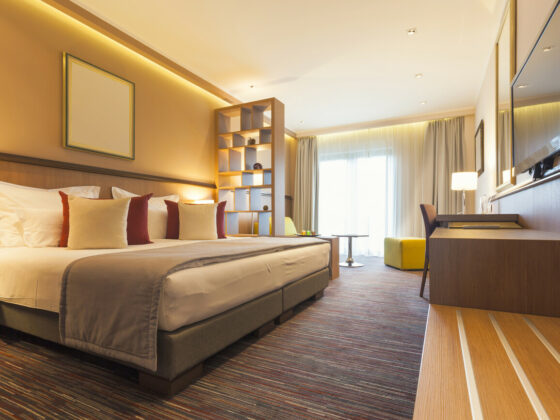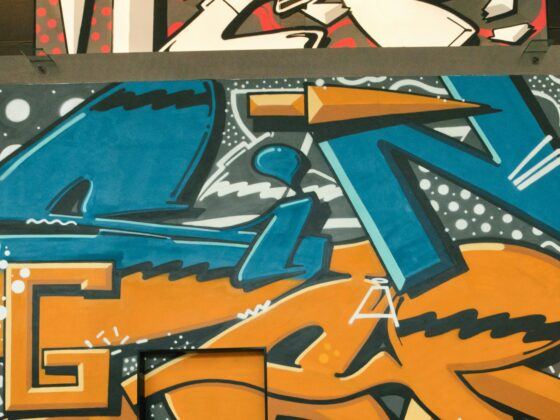« In the matter of hotel distribution, we must take the time to reflect. It’s a luxury we must be able to afford ».
A graduate of INSEEC Paris, Olivier Mouchet is a specialist in digital hotel distribution, with the unique characteristic of having worked on all sides of the fence, from launching HRS in France, to managing operations at the voluntary chain Châteaux & Hôtels Collection (now Territoria), before returning to tech at Sequoiasoft (now Septeo Hospitality) and consulting at Stairway Management for a mission with Accor. He founded his own consultancy, Mouchet Consulting, to support hoteliers and restaurateurs in their digital journey.
You presented us with a representation of the hotel technology ecosystem that can appear like a gas factory. How should it be approached to avoid being put off from the start?

Indeed, given the number of operators interconnected with one another, the different solutions, their interactions, as well as their respective evolutions, it can be intimidating and seem very complicated. It’s simpler than it seems; this construction has been progressive, and each solution emerged to meet market needs. The questions linked to hotel distribution haven’t fundamentally changed, it’s the way they’re managed that has evolved with the use of dedicated tools.
Wasn’t it simpler before?
Apparently simpler, but time-consuming. With the emergence of online distribution channels, operators signed contracts with OTAs and had to feed them by logging into as many extranets, with all the risks of making errors during daily updates. Gradually, tools appeared to group, simplify the upload process, select the right rate, the right channel, etc. Management has become more sophisticated, but it still depends on an unchanging first step that we tend to forget.
What is it?
The key is commercial strategy, broken down into an action plan. You must not forget the basics. First, that about 40% of bookings are “offline,” via contracts, phone, field sales… and about 60% online through the many channels that are the website — not to be overlooked — the GDS, OTAs, hotel chain CRS, etc. To distribute their product, the hotelier has no choice but to ask the right questions: what to sell, to whom, and when. And that’s nothing new. Clearly, it’s an essential and recurring topic: targeting the various customer segments — leisure, business, groups, MICE — tailored to the specifics of the establishment and its revenue and profitability goals.

Isn’t there a new risk of relying once again on the recommendations, sometimes even the injunctions, of new tools whose providers boast about their effectiveness?
Once again, if you haven’t established a plan and if you don’t monitor the results of that plan, you’ll quite easily crash into a wall. Tools are and must remain aids. It’s the hotelier who must make decisions knowingly and mindfully — which technology makes possible, by integrating a large amount of data into calculations and forecasts.
When developing this strategy, we often see two priorities clashing — the top line, the business volume, and the bottom line, the gross margin…
We go back to the company’s strategy based on its situation and ambitions. Should I absolutely prioritize revenue, for such and such reasons, or should I implement a policy that allows me to generate slightly less revenue while achieving more interesting profitability?
And this is where the tool everyone seems to praise comes in — the RMS…
Yes, today there are quite sophisticated RMS tools that allow visibility into distribution costs, and to anticipate decisions of opening or closing certain channels or customer types at specific price points. These tools are available — the question is to what extent they should be used and taken into account in final decision-making. They are capable of smart analysis, with prediction accuracy over 90% of final outcomes. That is obviously essential for a cognitive tool. For me, the key is being able to challenge these tools, to understand why or how they made certain decisions; to ask whether those align with the strategy.
Perhaps the parallel is daring, but aren’t hoteliers at risk of falling into a new dependency as they did with online agencies? Once parameters are introduced, leaving the machine to decide everything…
The danger is not of the same nature. On one side, we lost control of the customer and the direct relationship with them. On the other, this remains internal management that can be corrected. Yes, you can choose to let the RMS automatically manage pricing strategy. But the parameters that were entered still allow for setting limits. If bad decisions were made, manual intervention is possible.
The risk can be significant in terms of financial results — degraded by bad choices — or marketing, through poor positioning. It could indeed go off track, which is why we must challenge and correct when necessary.
Isn’t another underlying issue in the evolution of these tools the fact that they now tend to overlap?
That is indeed a concern. Initially, each tool was rather mono-specialized. If I take the Channel Manager, it opened and closed the channels. Then, gradually, complementary services were added because users requested them. The real risk is paying several times for the same functionalities by layering technologies.
Honestly, this can seem complicated for a hotelier who must spend time and make choices.
At technology trade shows, we hear a double commercial discourse: one in favor of an almost universal platform in which all functions are seamlessly linked to meet all hotelier needs, and the other supporting the interfacing of specialized tools that perform well in their respective areas. Which one should be favored?
That’s the big debate right now, and that’s why it’s useful to attend trade shows — not just French ones — to also see the solutions being developed in Europe or even further abroad, arriving on the European market.
Which approach to favor? That depends on the hotelier and what they’re looking for. Are they independent, part of a network, do they have a choice, or are some tools imposed by the franchisor?
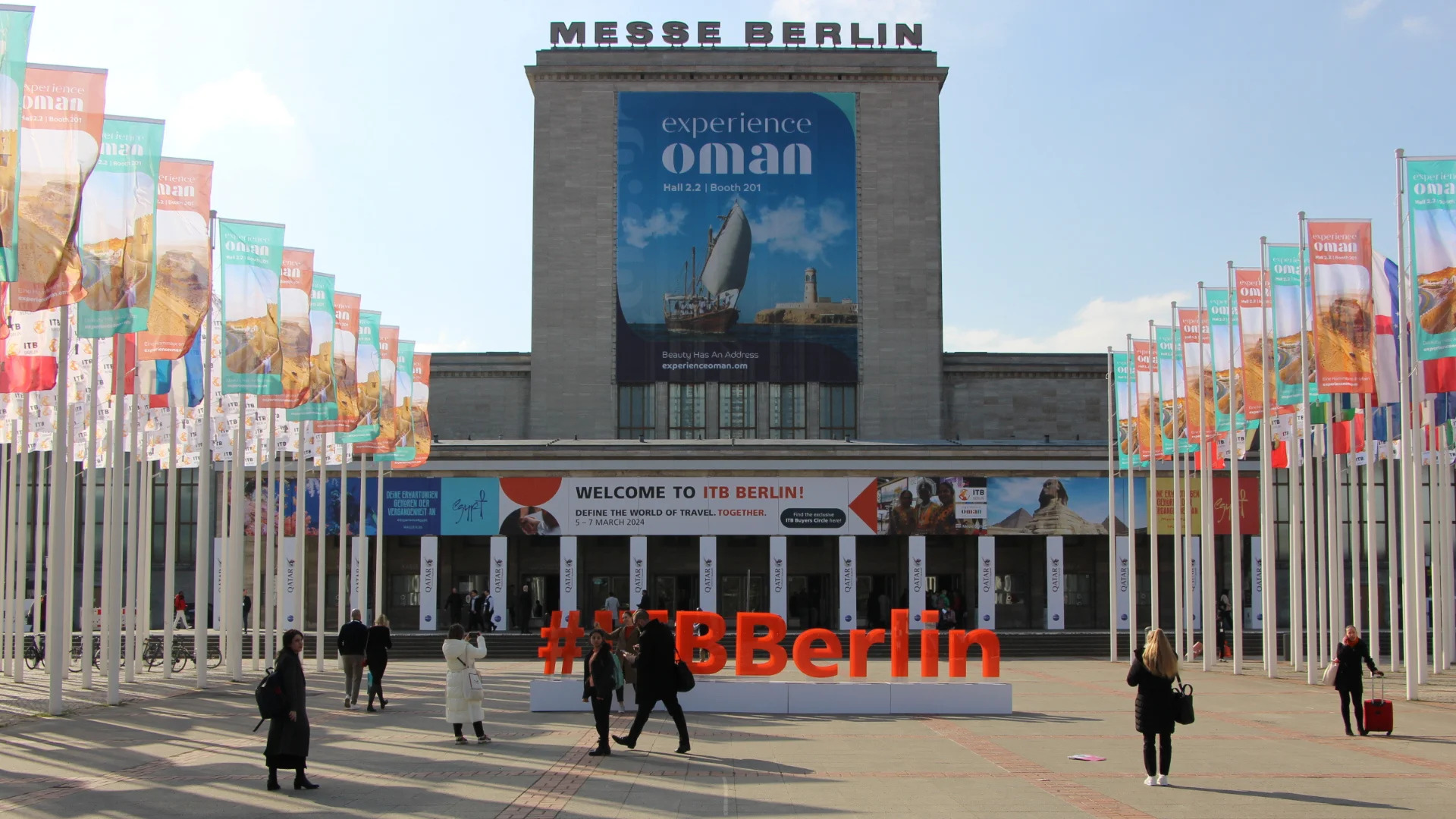
There are questions to ask in all cases: don’t take the risk of restricting the customer relationship with a slightly weak integrated CRM, for example. But also, when choosing to aggregate different solutions, what information will actually be retrieved, and how can one be sure it’s used effectively? Are the APIs (the software connections) fully complete or not — in other words, what information is transferred from one to another? Who handles the connections, the interfaces, and their maintenance?
We always come back to the primary strategic topic. Profitability goals — and how much do I need to invest in solutions to actually achieve that goal?
There’s no universal answer; it depends on each case. One must take the time to reflect — and in hospitality, we know that’s not the most common currency. It’s a luxury we must be able to afford.
Have we entered a period where rather radical choices must be made?
Yes, we will have to accept change to face technological evolutions. Many hoteliers are still equipped with old software with licenses bought ten or even twenty years ago. They pay low maintenance fees and are urged to move to the Cloud. But this will soon become unavoidable to stay connected to the rest of the world and to gain agility.
With your insight into these technological evolutions, is there an area where solution providers still need to make progress? A tech frontier that could be better explored?
I see two possible areas. The first is precisely to assist hoteliers with tools to choose the right tech solutions, based on their goals, the type of establishment, etc. What recommendations could we give in terms of technological tools?
I’m thinking of two students from Lausanne who had created such a tool. By incorporating information on the property, its location, its strategy… the tool recommended a provider for each building block of the tech stack. It worked so well that it was bought by a major provider.
And the second avenue?
To me, the next step is to know whether we can invent a “total vertical,” meaning collecting hotelier data on a range of parameters — the property, its environment, budget, goals, capabilities, etc. — and feeding all of it into a tool that processes it and outputs a strategy the hotelier can validate or modify. This strategy is then pushed into an automated distribution tool targeting the identified audiences across different channels — and tracked in real time, several times a day, via clear dashboards, so the trajectory can be modified if necessary.
Is that science fiction?
With artificial intelligence and content generation capabilities, it’s a solution for launching targeted campaigns to clients, verifying their effectiveness, relaying them on Google and social media, etc. And ultimately, displaying results at the top — in revenue — and at the bottom — in profit. That’s what I call the total vertical. We’re not there yet, but at ITB in Berlin, I saw providers offering to aggregate and process such data on behalf of hoteliers. It’s a service, not yet an integrated tool.
It’s almost a hotelier’s dream — being sure to always make the right pricing or marketing decision?
We must emphasize one thing: what technology will never replace is the human connection. It’s the human element that matters first in our hospitality and F&B professions. The hotel experience is about the relationship I can build with my guest, the emotion I leave them with, and the memories they keep of their stay. Technology must bring comfort and efficiency to the practical aspects of the relationship and free up time to establish real contact.



